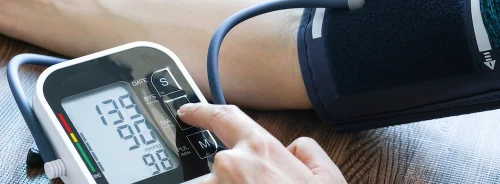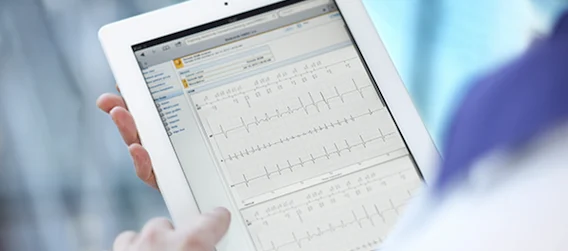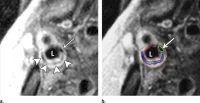Cardiology experts discuss studies showing time as an important factor in the treatment of heart conditions
Experts in cardiology and electrophysiology met at this year’s 8th annual EMB (Expert Meeting Berlin) Conference to discuss critical issues affecting their fields.
Among the topics addressed were: How can remote monitoring and early detection help improve therapy for heart failure patients? When is the right time for catheter ablation when treating patients suffering from ventricular arrhythmia (VT)? The answers underlined the value of early detection, and how it can enable early intervention.
Professor Gerhard Hindricks, MD, of the Heart Center, University of Leipzig, Germany, discussed the results of the IN-TIME study, the first randomised, controlled trial worldwide to demonstrate a significant reduction in all-cause mortality in heart failure patients with implant-based remote monitoring. According to the study, automatic, continuous monitoring with Biotronik Home Monitoring reduces mortality in heart failure patients by more than 50 percent compared to standard care. Biotronik is one of the world’s leading manufacturers of cardio- and endovascular medical devices.
The study coincides with the most recent ESC (European Society of Cardiology) guidelines on cardiac pacing and resynchronisation therapy, which now contain recommendations for remote monitoring. “IN-TIME shows that remote monitoring is part of a comprehensive approach to treating complex diseases, and an effective tool for healthcare providers,” commented Hindricks.
Professor Karl-Heinz Kuck, MD, of the Asklepios Clinic St. Georg, Hamburg, Germany, discussed his expectations for the planned BERLIN Study, a prospective, multi-center study conducted by the German Center for Cardiovascular Research (DZHK). Relying on Biotronik Home Monitoring to keep track of patients’ conditions remotely, this study seeks to determine the best time for catheter ablation in the treatment of patients with sustained ventricular tachycardia (VT) and coronary artery disease (CAD).
Approximately 208 patients with CAD and moderately reduced left-ventricular function or LVEF (≥ 30 to ≤ 50%) with an implantable cardioverter-defibrillator (ICD) indication and documented VT will be randomised into two groups. The intervention group will receive prophylactic catheter ablation followed by an ICD. The control group will receive an ICD followed by catheter ablation after the third ICD shock, the standard prophylaxis for sudden cardiac death. Primary endpoint is all-cause mortality or hospital admission due to cardiovascular complications. Secondary endpoint is time until first shock.
Although the link between ICD shock delivery and mortality is not yet fully understood, it is already known that shocks – both appropriate and inappropriate – are associated with increased mortality. Furthermore, data from studies such as VTACH and SMASH VT already suggest a benefit in early or prophylactic catheter ablation of VT.
“Although current guidelines do not recommend VT ablation before the use of an ICD,” Professor Kuck explained, “we feel we have seen enough evidence of the benefit of early ablation to proceed with a study to determine its true clinical value.”
In both presentations, Professors Hindricks and Kuck stressed the importance of reaction time when it comes to the treatment of heart conditions. In keeping with previous results, the IN-TIME Study emphasised how much early detection and early intervention mattered.
The BERLIN Study will attempt to do the same. What’s more, these studies outline the potential for Home Monitoring-guided therapy across various indications and patient groups in cardiology.
Source: Biotronik
11 February 2014
Latest Articles
Medical Devices, medical research, heart attack, heart disease, heart valve, remote monitoring, ICD, therapy, catheter ablation, Biotronik
Cardiology experts discuss studies showing time as an important factor in the treatment of heart conditions Experts in cardiology and electrophysiology...










